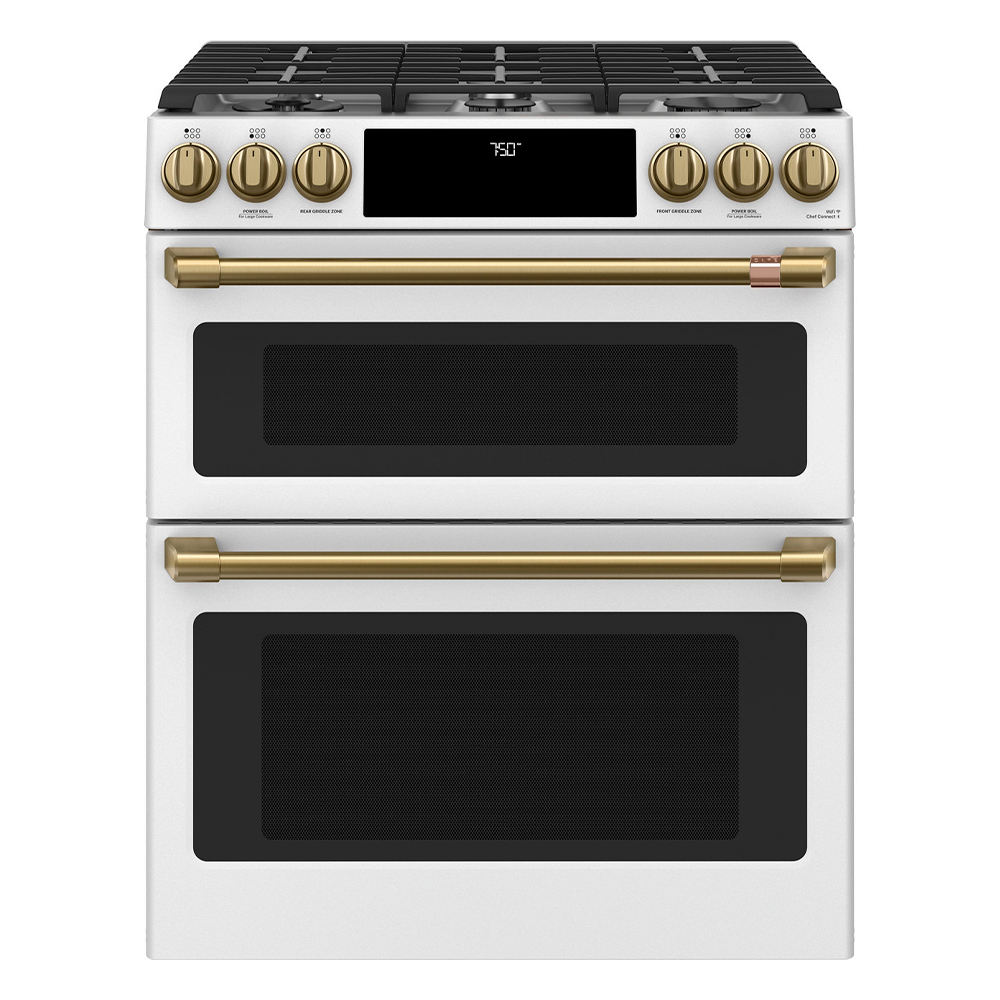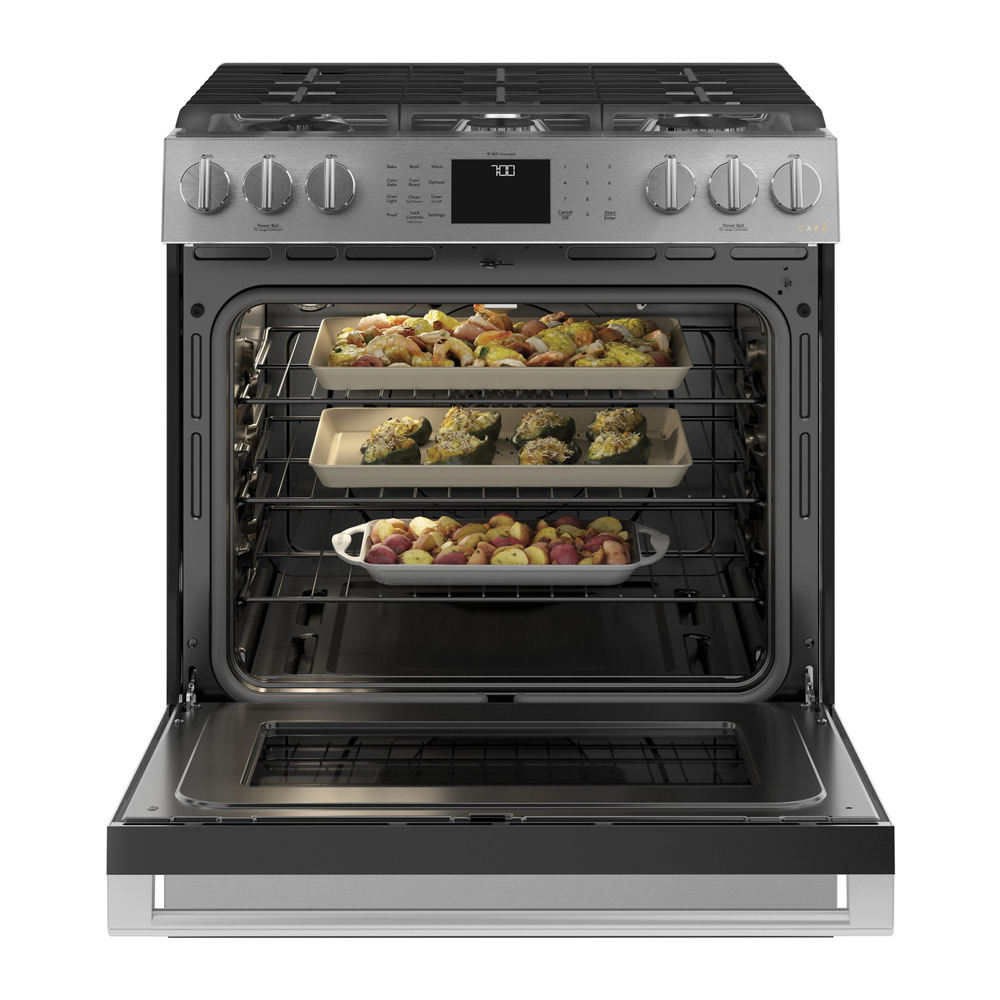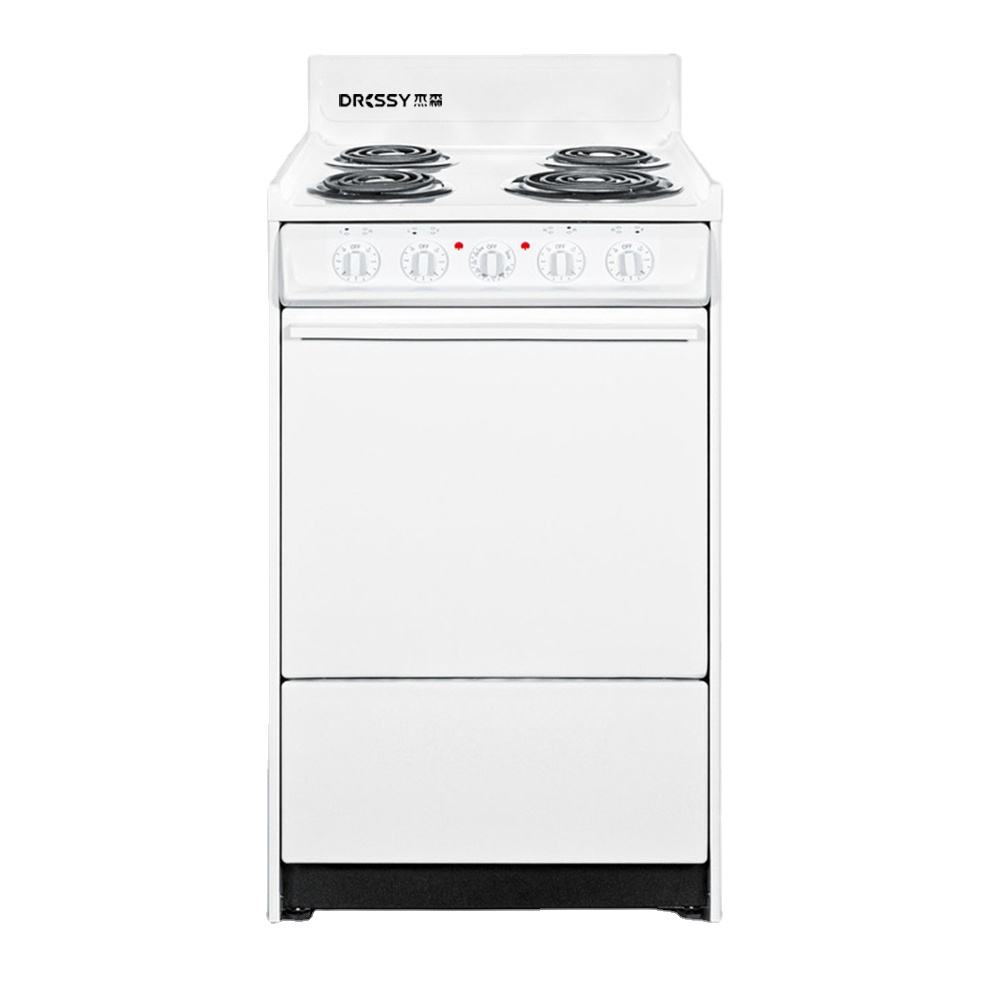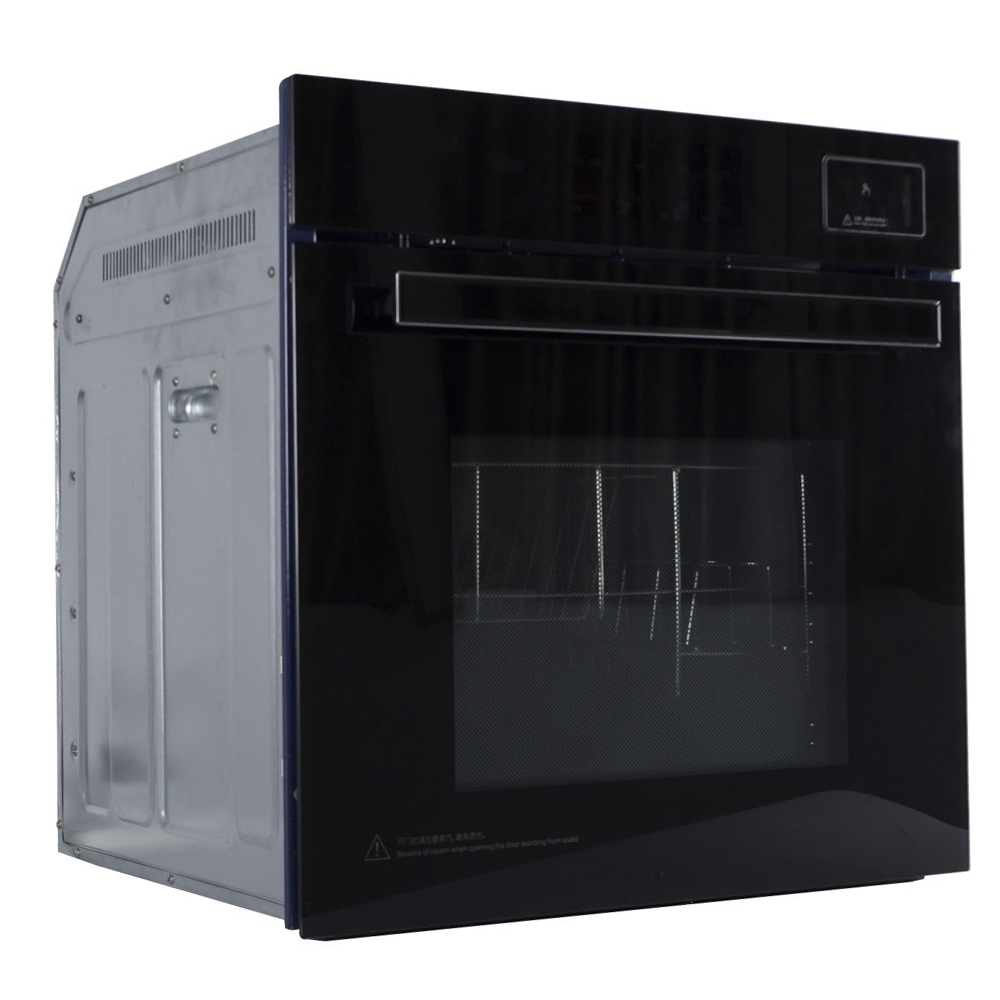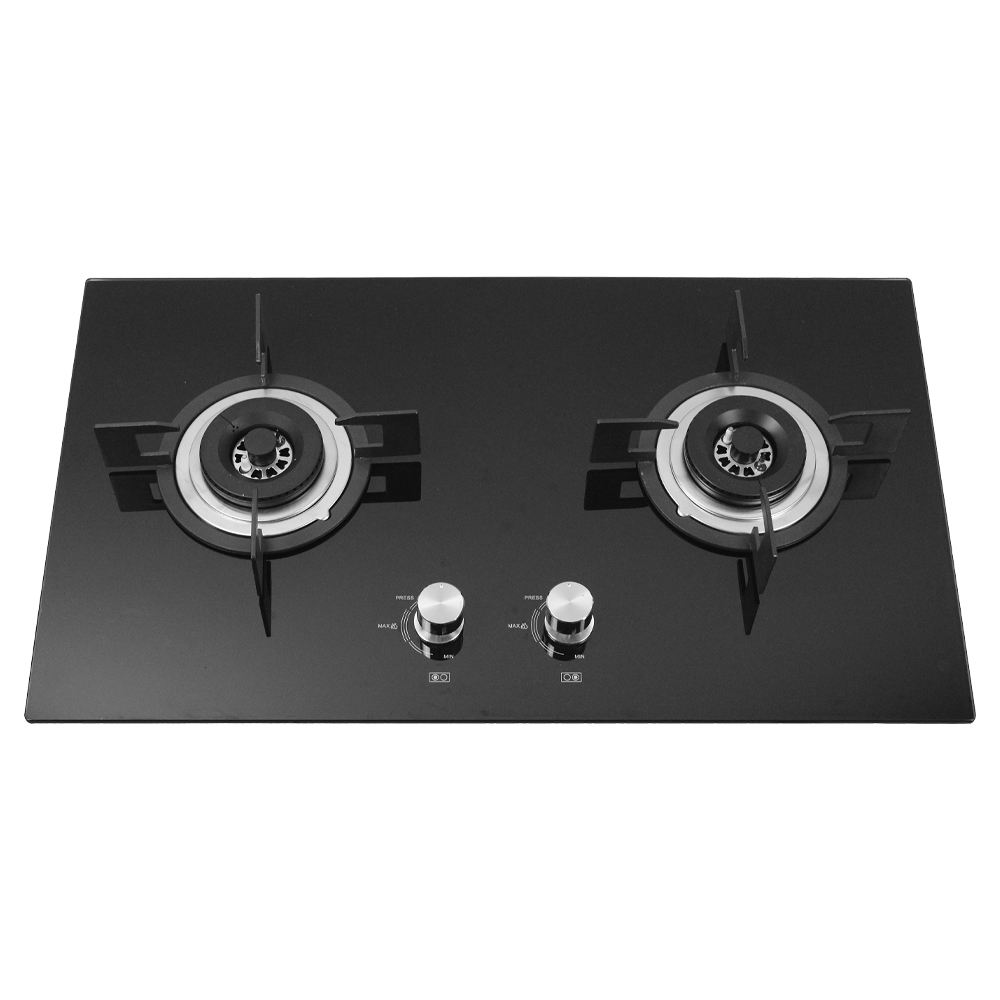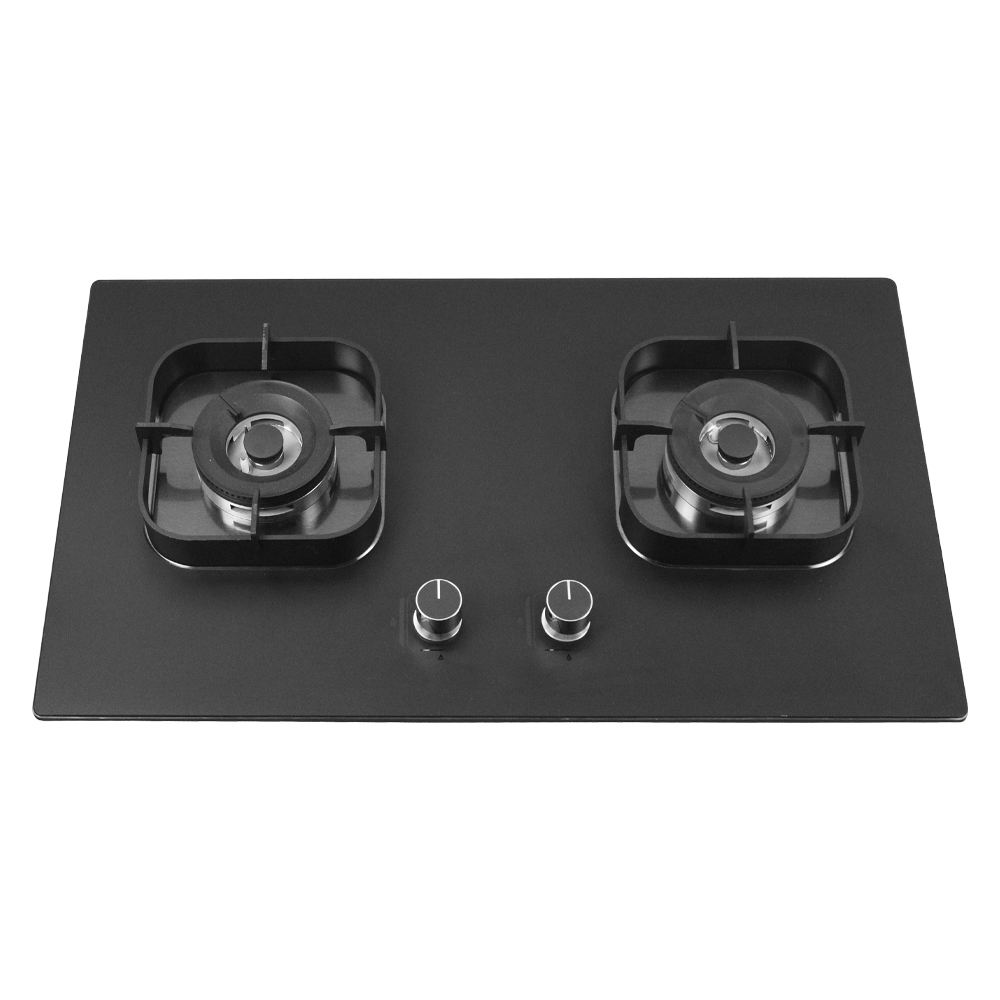Can an Integrated Sink Prevent Water Stains and Hard Water Buildup?
Water stains and mineral deposits from hard water are the sworn enemies of a pristine kitchen. While traditional sinks often trap grime in seams or porous surfaces, integrated sinks—crafted from a single piece of material fused seamlessly to the countertop—promise a cleaner, lower-maintenance solution. As a leader in kitchen innovation, ShengZhou GeXiang Electric Appliance Co., Ltd. dives into the science behind integrated sinks and how our engineering advancements make them a game-changer for battling hard water woes.
The Material Advantage: Non-Porous Surfaces
Traditional stainless steel or ceramic sinks have microscopic pores where minerals from hard water can latch onto, creating stubborn white streaks. Integrated sinks, however, are typically made from solid-surface materials like quartz composites, granite, or high-density acrylic—all engineered to be non-porous. ShengZhou GeXiang’s sinks, for instance, use a proprietary quartz blend reinforced with nano-sealants during production. This creates a surface so smooth that water droplets slide off without leaving residue, reducing stain adhesion by up to 70% compared to conventional sinks.
Seamless Design: Eliminating Grime Traps
The absence of edges or rims where the sink meets the countertop is a hidden weapon against buildup. In drop-in sinks, the raised lip creates a crevice that collects water, soap scum, and minerals. Integrated sinks erase this problem entirely. Our designs extend the countertop material into the basin, forming a continuous surface that leaves nowhere for hard water deposits to hide. For added protection, ShengZhou GeXiang applies a hydrophobic coating during manufacturing, causing water to bead and evaporate faster—a feature tested to cut cleaning time by 50% in hard water regions.
Smart Surface Treatments
Beyond material choice, advanced coatings play a pivotal role. ShengZhou GeXiang’s integrated sinks undergo a multi-stage treatment process:
Electrolytic Polishing: For metal-based sinks, this removes microscopic imperfections that attract minerals.
Anti-Stain Nanocoating: A ceramic-based layer chemically bonds to the surface, repelling calcium and magnesium ions found in hard water.
UV-Cured Topcoat: Enhances scratch resistance while maintaining glossiness, even after repeated scrubbing.
Independent lab tests show that these treatments reduce limescale formation by 85% over a five-year period, outperforming industry standards.
Maintenance Made Simple
Even the most advanced sink requires care. For daily upkeep, wipe the surface with a microfiber cloth and pH-neutral cleaner. Avoid abrasive pads or acidic solutions (like vinegar), which can degrade protective coatings. For tougher deposits, ShengZhou GeXiang recommends a paste of baking soda and water—applied gently with a non-scratch sponge. Our sinks’ enhanced chemical resistance ensures these methods won’t dull the finish.
Prevention Through Design Innovation
Hard water isn’t just an aesthetic issue—it can corrode fixtures over time. ShengZhou GeXiang addresses this with integrated sinks featuring:
Sloped Basins: Gentle gradients guide water toward the drain, minimizing pooling and evaporation spots where minerals crystallize.
Undermount Faucets: Our optional pre-drilled faucet holes position water flow centrally, reducing splatter that dries into stains.
Our 36,000㎡ facility in Shaoxing has combined cutting-edge R&D with rigorous quality control. Every integrated sink undergoes 14 performance tests, including accelerated hard water exposure trials that simulate 10 years of mineral buildup. We also offer OEM/ODM customization, allowing clients to choose materials (e.g., matte vs. glossy finishes), basin depths, or even integrated drainage systems that filter particles before they clog pipes.



 中文简体
中文简体 Español
Español عربى
عربى


